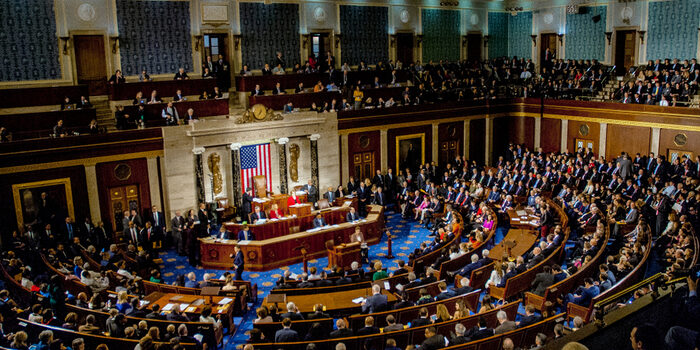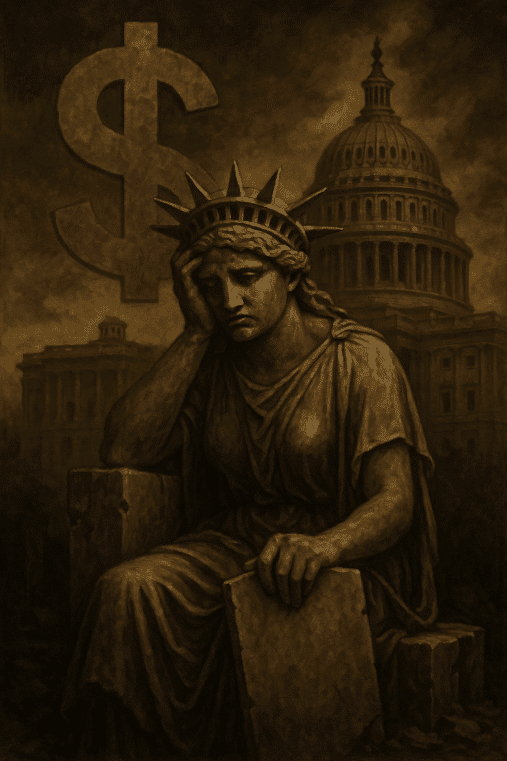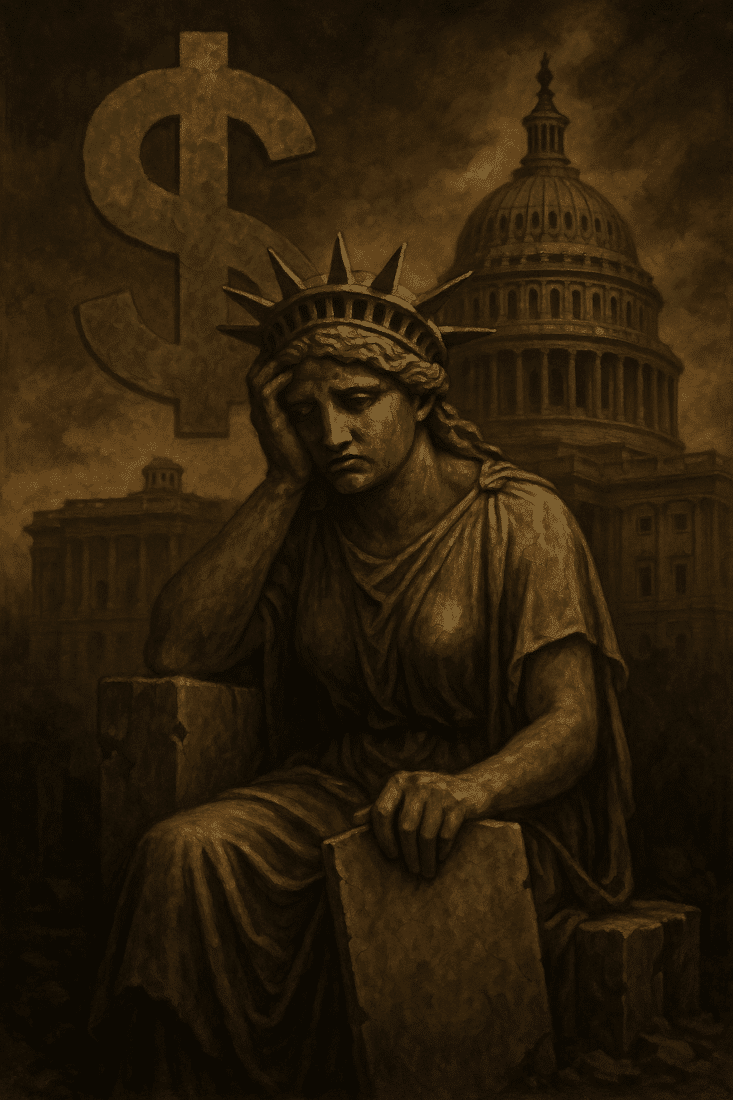
Congress’ Latest Proposals Threaten American Retirement Accounts
If you’re like most Americans, diligently planning for retirement, you’re probably aware that a sound retirement strategy is designed for the long term--it’s supposed to be robust and far-reaching enough to require no major changes.
Every now and then, however, changes in the macro-environment may force us to re-examine and tweak our retirement strategy, as certain cases where not doing so can have a negative impact on our retirement savings.
Such a change is happening now, and there’s very little we can do about.
Congress is currently considering three proposals that can severely disrupt many investors’ retirement savings.
If you are among the working class, if you’re a business owner, or if you’re planning on leaving a legacy to your children or grandchildren as beneficiaries, you will be hit the hardest.
Here’s a brief summary of each key provision:
The Secure Act
The first of such proposals is the Secure Act--short for “Setting Every Community Up for Retirement.”
The first bill was passed in the US House of Representatives last May in a 417-3 vote, and it's expected to pass unanimously in the Senate.
The initial intention is aimed to help Americans save for retirement. But the unintentional consequences are damaging--as the Secure Act will reduce the value ALL retirement savings accounts.
- Retirees: Required Minimum Distributions (RMDs) will be pushed by from age 70 ½ to 72 for mandatory distributions from IRAs, 401(k)s, and 403(b)s and other employer-sponsored retirement plans.
- Employees: 401(k) plans will be allowed to offer annuities and other forms of lifetime income plans.
- Employers: The extended provisions and the fees entailed (for documents and revisions) can be costly to business owners (particularly those who own small businesses); additionally, employers may be required to provide matching contributions in order to remain compliant with laws on a federal and state level.
- Beneficiaries: The stretch IRA for non-spousal beneficiaries will be eliminated--beneficiaries have a 10-year time limit to defer distributions and income taxes from inherited IRAs.
Elimination of the stretch IRA will force children or grandchildren to pay hefty taxes on inherited retirement plans--a severe burden if the retirement account is sizeable. Plus, the value of compounding the IRA investment across beneficiaries lifetime will no longer be available, significantly weakening any legacy you leave to your children or grandchildren.
You can read more about Bill H.R.1994 here.
Social Security 2100 Act
Introduced earlier this year by Rep. Larson, D-Conn, the Social Security 2100 Act aims to prevent the Social Security program from going bust.
Currently, Social Security is projected to run out of funds by 2035.
Should this actually occur, it would mean that retirees would be able to draw only 80% of the funds they put in during their entire working years.
To solve this problem, the Social Security 2100 Act aims to increase payroll taxes on employees and employers.
For business owners and employers--the Social Security rate increases from the current 6.2% to 7.4%.
The unintended effect: workers will have lower wage increases and lower retirement savings contributions.
So, to have adequate Social Security benefits, workers will have to sacrifice their future by earning less now, and accepting a diminished ability to save for their own future.
You can read more about Bill H.R.860 here.
Rehabilitation for Multi-Employer Pensions Act
You may not be aware of it, but 1.3 Million Americans’ pension plans are at risk of going broke.
In response, the House passed the Rehabilitation of Multi-Employer Pensions Act.
This bill allows underfunded pension plans to borrow money to continue paying retirees.
But as Rep. Kevin Brady criticized in a recent tweet, using “taxpayer-funded ‘loans’ that can never be repaid hurts union workers, businesses and innocent taxpayers.”
The solvency problem will just be deferred, but it won’t make pension plans more solvent, and it will hurt many other Americans in the process.
You can read more about Bill H.R.397 here.
Should any of these bills pass, you may be among the many Americans who will end up paying for them.
- If you’re among many small business owners, it will cost you a lot to sustain your business.
- If you ‘re among the working class, your future earnings and savings capacity will be severely compromised.
- If you plan on leaving a legacy to your children or grandchildren, your beneficiaries will be forced to pay a hefty fee while their ability to stretch out your legacy will be eliminated.
There is a way out of this. And that’s through allocating a portion of your retirement to sound money. Adding Gold and Silver to your retirement account can help you bypass these measures which may have been developed with good intentions but whose effects are as draconian as the “injustices” they aim to fight.











